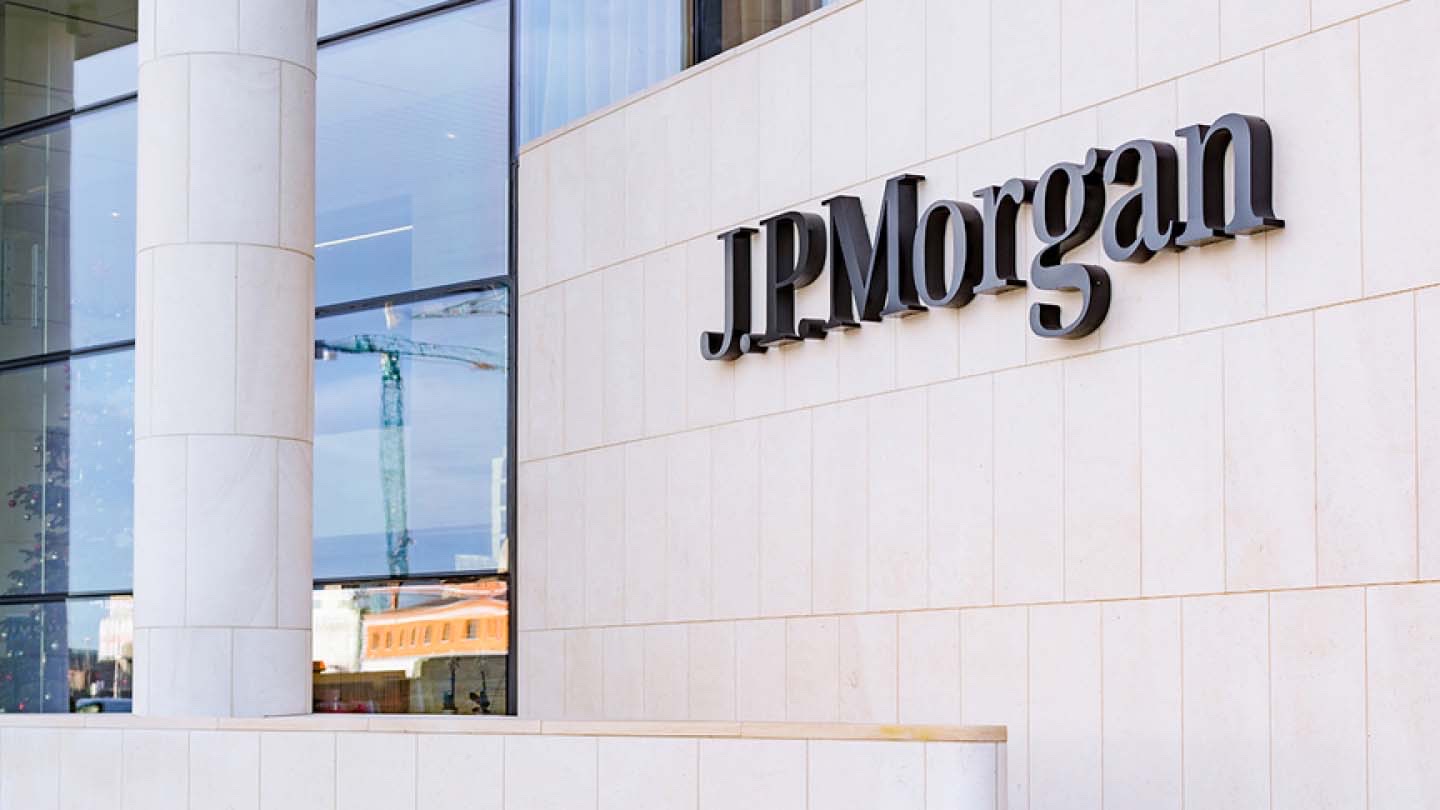The latest request to Singapore for unlicensed encryption companies to stop serving customer abroad is the beginning of the end of the organizational gaps in the Blockchain industry.
On May 30, the direction of the Monetary Authority in Singapore (MAS) informs the encryption companies and individuals who provide services abroad to obtain a license or exit.
For some in this industry, it may seem that Singapore is suddenly running out of her friendly position on encryption. But in reality, the city remained consistent in pushing it to comply. This step is in line with a global suppression campaign aimed at money laundering and terrorist financing.
“For exchanges that still play the ball and organizational pins-they are constantly striving to obtain gaps to avoid licensing requirements-they will soon find that they move to their favorite destination, the moon,” said Joshua Zhu, Hong Kong’s lawyer and co-chair of the city association in the city.
“With the judicial states such as Singapore, Thailand, Dubai, Hong Kong and other optional supervision and gaps, there is no simply escaping from the global batch for compliance.”
Next in Singapore, Crypto Nomads run out of the road
Singapore was a positive center for organizational arbitration in Crypto, thanks to the PSA Law, which requires a license for companies that serve local customers.
With a relatively small local population of about 6 million encryption companies, many encryption companies have chosen licensing licensing by simply avoiding Singaporean customers and focusing on foreign markets instead.
While some explain the recent transition to unlicensed encryption companies under the 2022 Financial Services and Markets Law (FSMA) on a tight deadline as a reflection of the sharp policy, the organizer said that he maintained a fixed position.
The central bank said in a statement on June 6: “The position of MAS has been constantly connected to a few years since the first response to the general advice issued on February 14, 2022 and in subsequent publications on October 4, 2024 and May 30, 2025.”
FSMA states that any company in Singapore provides digital symbolic services to customers must be licensed abroad. The law has not changed. Instead, MAS completed the general consultations and informed service providers that her unlicensed work period has ended.
Related to: The new president of South Korea will enhance the encryption, but scandals prevail
“I think we need to realize that Singapore is first and foremost a global financial center, and not necessarily coded,” Patrick Tan, General Adviser at Chainargos, who was among the participants in MAS consulting, told Cointelegraph.
He added: “Given the conditions for licensing encrypted assets more stringent in the world, institutions will need to think about what they seek to obtain from the license.”
Hong Kong does not offer any guarantees for the encryption in Singapore
Since companies weigh their next movement, speculation is increasing about what the judicial states may become more attractive. Recent developments indicate that Singapore is not strange but part of a global organizational transformation.
The Philippines, for example, now requires all licensed encryption companies to keep a country’s financial office. Thailand recently expelled at least five stock exchanges due to licensing concerns and money laundering, which gave investors until June 28 to transfer their assets.
One of the destination that appeared as an option is Hong Kong, the regional competition of Singapore. Specialists are often compared to the encryption axis race.
Related to: Who has magic, criticism and symbol to be the center of encryption?
Hong Kong is also seen by bybit, one of the recently expelled exchanges from Thailand. A job appeared by bybit who seeks to obtain a license consultant in Hong Kong a few days after the Securities and Stock Exchange Committee announced that the company will be banned.
A BYBIT spokesman told CointeleGraph that Hong Kong is one of the judicial states under consideration of future licenses, adding that the company “is working with organizers in various countries.” The stock exchange is also appointed for a similar role in Malaysia.
Industry is learning that being a “encryption center” often means facing more compact organizational frameworks. Hong Kong and Singapore did not follow a deceptive approach. In fact, Hong Kong moved earlier, asking all unlicensed stock exchanges to exit the market in mid -2014.
Companies looking for the axis to Hong Kong may find that less companies have succeeded in securing licenses there. As of June 6, the city has released only 10 encryption licenses, compared to 33 code for digital payment approved by MAS under PSA.
“We look forward to the future, we expect organizational measures other than other major encryption centers including Hong Kong, the European Union with Mika [Markets in Crypto-Assets] The framework, advanced encryption laws in the United Kingdom, South Korea, and Japan – are all committed [Financial Action Task Force] “Members who suffer from mature or mature regulations,” said Zhu.
Singapore is among 40 FATF members
FSMA in Singapore has expanded the organizational supervision of encryption services providers, especially those who serve customers abroad. The PSA law is partially completed to comply with the criteria of the Financial Labor Squad (FATF) on the travel base and money laundering standards (AML).
The organizational alignment pace after the FATF plenary session accelerated, which launched public consultations on improving payment transparency and handling the complex paths used in money laundering and evading penalties.
“Dubai [Virtual Assets Regulatory Authority] I released the Bases Book 2.0 shortly after the plenary session, and the imposition of more strict AML protocols with June [19] The deadline for compliance, which reflects its caution approach after removing the gray menu.
For FATF members such as Singapore and Hong Kong, AML standards are expected. But for non -members who lack compliance, the inclusion in the FATF GRAY menu can be economically destroyed. For example, a report issued by Think TABADLAb estimated that Pakistan’s position in the FATF GRAY list between 2008 and 2019 led to losses resulting from the total total local products of about $ 38 billion.
https://www.youtube.com/watch?
FATF President Elisa de Anda Madrazo of Mexico provided promotion criteria for virtual assets, one of the priorities of her mandate for two years. source: FATF/YouTube
Regardless of the recent tightening of their encryption regulations, another common denominator between Thailand, the Philippines and the United Arab Emirates is to remove them from the FATF GRAY menu. Thailand was deleted in 2013, the UAE state in 2024 and the Philippines in 2025. According to Chu, the judicial authorities that come out of the gray list are often “very difficult” working to stay away from it.
Dubai, the emerging financial center in the United Arab Emirates, was a magnet for encryption companies because of its friendly rules and the dedicated organizer, but legal experts warn of misunderstanding the ecological system.
Dubai has just came out [the gray list] “Therefore, not so long ago, it is in the observation list. The characters that you think may be safe in Dubai may be a wrong security sense,” said Zhu.
This means that the era of judicial jump to get rid of the regulations is to approach its end. While the encryption companies are looking for their next base, the list of friendly destinations is shrinking, and even the most welcome centers require compliance.
magazine: Baby Boomers has a value of $ 79 million in bitcoin




